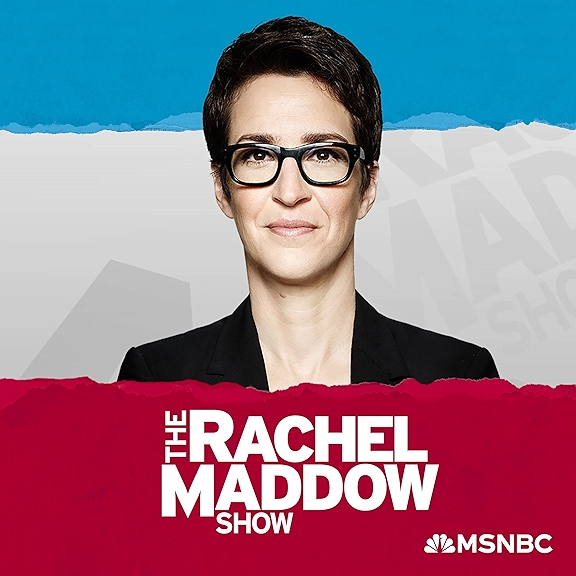
America at a Crossroads: The Implications of Trump’s 2024 Victory
The re-election of Donald Trump in the 2024 U.S. presidential election marks a pivotal moment in American politics, raising critical questions about the future of democracy, social policy, and international relations. With a strong conservative base and renewed Republican control in Congress, Trump's second term is likely to bring significant shifts to key areas such as reproductive rights, civil liberties, and the role of federal institutions.
This election has underscored deepening divides across American society, with shifting support among white male, white female, and Latino voters signaling evolving priorities and a complex response to Trump's policies. Additionally, his victory has implications that extend beyond U.S. borders, potentially reshaping America's commitments to allies and its positions on conflicts such as Ukraine and Israel-Gaza. In today’s episode, we explore both the domestic and international implications of a second Trump presidency with this week’s special guests.
Joining us first is Professor Matthew Lebo, a distinguished scholar in political science from the University of Western Ontario, where he co-directs the Centre for Computational and Quantitative Social Science. Professor Lebo's expertise lies in political methodology and American politics, with a focus on national institutions, political behavior, parties, and public opinion. Professor Lebo is the author of Strategic Party Government: Why Winning Trumps Ideology (2017), and his upcoming book, A Practical Guide to Time Series, will be published by Cambridge University Press in 2025. His work has been featured in over 35 top political science journals, including the American Journal of Political Science and the Journal of Politics. Professor Lebo has also held notable roles as department chair both at Western and SUNY-Stony Brook, where he founded the Center for Behavioural Political Economy. Throughout his career, he has held prestigious appointments, including a postdoctoral fellowship at Harvard, an Academic Visitor role at Oxford, and Visiting Professor positions at the University of Toronto and, currently, McGill University.
Our second guest this week is Professor Lawrence LeDuc, Professor Emeritus of Political Science at the University of Toronto. Professor LeDuc's work has made an influential mark in the fields of Canadian and comparative political behavior, with a special focus on political parties, elections, and research methods. Among his published works are key titles such as Absent Mandate: Strategies and Choices in Canadian Elections (2019), Comparing Democracies: Elections and Voting in a Changing World (2014), and Dynasties and Interludes: Past and Present in Canadian Electoral Politics (2016). His research has also appeared in respected journals, including Electoral Studies, Party Politics, and the American Political Science Review. In recognition of his contributions, Professor LeDuc was awarded the Mildred A. Schwartz Lifetime Achievement Award in Canadian Politics by the American Political Science Association in 2015.
Produced by: Julia Brahy




















